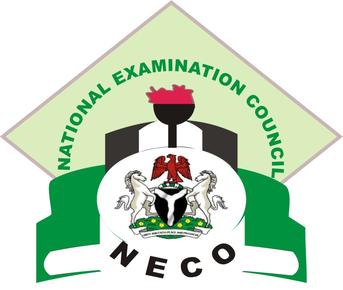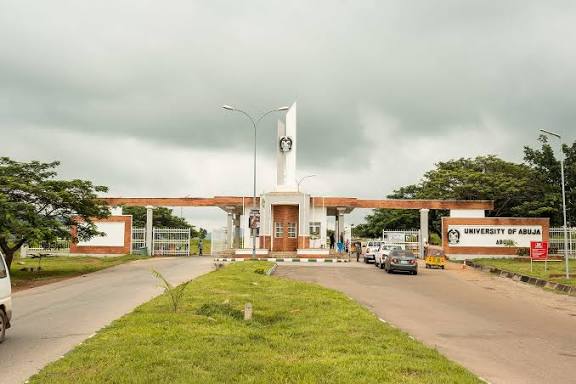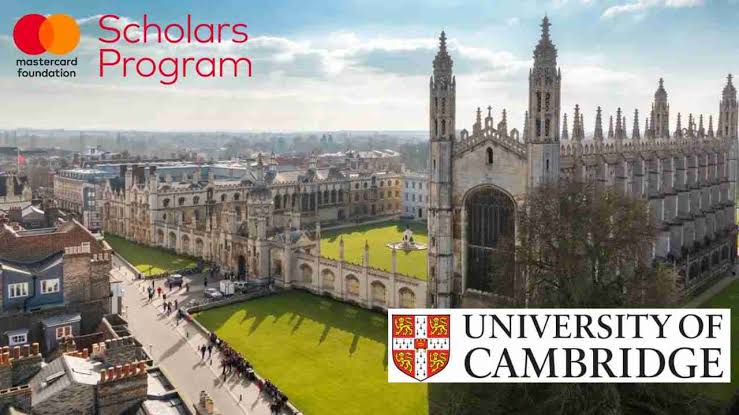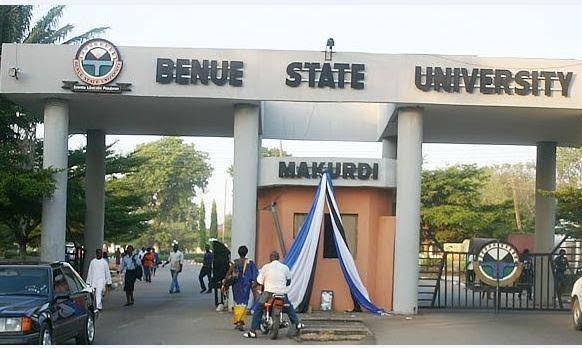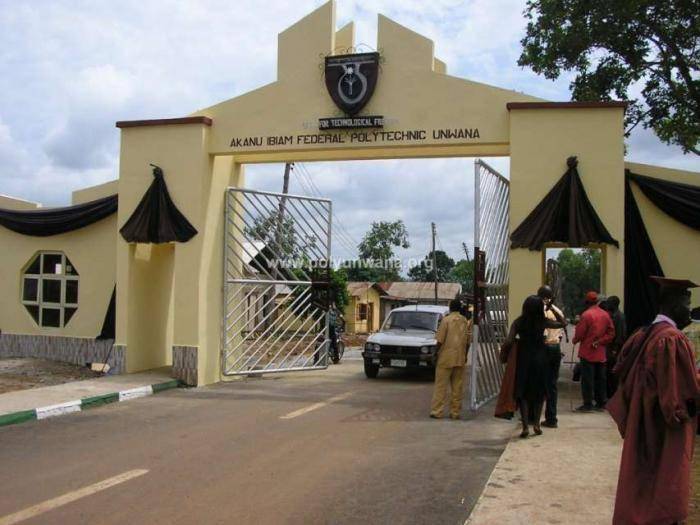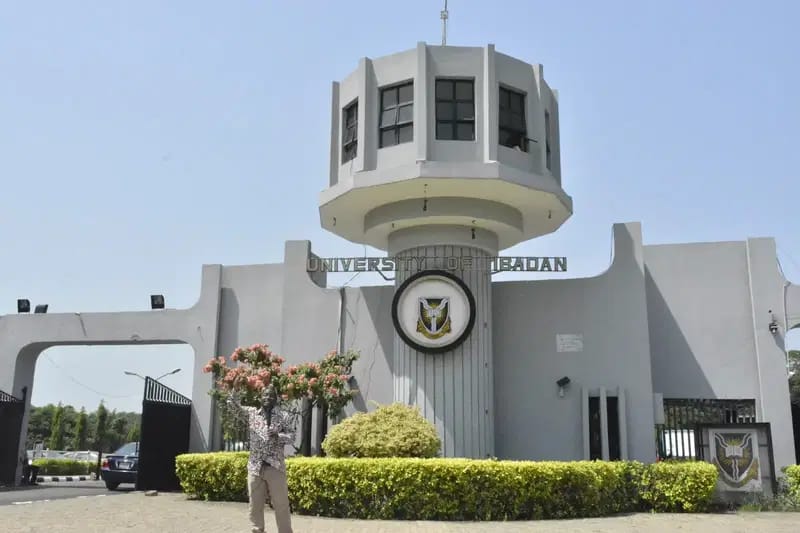The National Examinations Council (NECO) has officially released the results of the 2025 Senior School Certificate Examination (SSCE) for internal candidates, and the outcome has once again stirred conversations in Nigeria’s education sector. The release, announced at NECO headquarters in Minna, Niger State, shows both encouraging improvements and lingering challenges in the country’s secondary education system.
Key Statistics from the 2025 NECO SSCE
- Registered candidates: 1,367,210
- Candidates who sat for the exam: 1,358,339 (680,292 males and 678,047 females)
- Pass rate (5 credits including English & Maths): 60.26%
- Pass rate (5 credits irrespective of English & Maths): 84.26%
- Candidates with special needs: 1,622
- Examination malpractice cases: 3,878 (down from 10,094 in 2024)
- Schools involved in mass cheating: 38 schools across 13 states
- Supervisors blacklisted: 9, due to negligence and aiding malpractice
What the Results Mean
The headline figure—60.26% of candidates obtained at least five credits including English and Mathematics—is significant because it is the minimum benchmark required for admission into most tertiary institutions in Nigeria. This means that over 800,000 candidates now have the potential to proceed to higher education, provided they also meet other admission criteria such as JAMB UTME requirements.
The fact that 84.26% of candidates obtained at least five credits irrespective of English and Mathematics highlights that while a majority of students are excelling in other subjects, challenges still persist with the two core subjects that form the backbone of Nigeria’s educational system.
Special Needs Candidates
One striking feature of this year’s result is the inclusion of 1,622 candidates with special needs, ranging from hearing impairment to visual impairment and other physical challenges. NECO’s acknowledgment and support for these candidates underline the need for inclusive education, ensuring that no child is left behind regardless of physical or mental limitations.
Examination Malpractice: A Welcome Decline
Perhaps one of the most encouraging statistics in the 2025 SSCE result is the sharp reduction in examination malpractice. Only 3,878 cases were recorded this year, compared to a worrying 10,094 cases in 2024. This represents a 61.58% decline, and it signals progress in NECO’s ongoing war against malpractice.
This drop can be attributed to:
- Stricter monitoring measures at exam centers.
- Technological interventions such as biometric verification of candidates.
- Stronger collaboration with security agencies.
- The deliberate blacklisting of erring supervisors and schools to set deterrent examples.
However, the report that 38 schools were implicated in mass cheating across 13 states is still troubling. It suggests that systemic malpractice remains in some areas where school authorities themselves compromise exam integrity. The blacklisting of nine supervisors further emphasizes that those tasked with enforcing standards sometimes become part of the problem.
Comparing with Past Years
- 2023: About 58% of candidates obtained five credits including English and Maths.
- 2024: Performance slightly improved to around 61%, but with very high malpractice cases.
- 2025: 60.26% pass rate, almost stable compared to 2024, but with a remarkable reduction in malpractice cases.
From these figures, one can argue that Nigeria’s SSCE performance has been hovering around the 55–65% range over the past decade. This consistency shows resilience but also underlines the need for new educational strategies to push pass rates higher, particularly in English and Mathematics.
Challenges Highlighted
- Weakness in English and Mathematics – Despite progress, many students still find these two core subjects difficult, limiting their eligibility for higher education.
- Regional Disparities – While NECO has not released detailed state-by-state analysis, past trends show significant performance differences between urban and rural areas.
- Exam Malpractice Culture – Although cases are declining, the involvement of entire schools and supervisors remains an issue.
- Teacher Quality and Infrastructure – The recurring average performance may be linked to poor classroom teaching, lack of modern learning resources, and overcrowded classrooms.
Broader Implications for Students and Parents
- For students: Those who passed with the required five credits, including English and Mathematics, can now look forward to applying to universities, polytechnics, and colleges of education. For those who did not meet the benchmark, there are opportunities to re-sit NECO or explore alternative educational pathways such as vocational training and diploma programs.
- For parents: The results highlight the importance of consistent support for children, from providing textbooks and study materials to encouraging discipline and focus.
- For schools: This is a wake-up call to improve teaching methods, especially in English and Mathematics, and to invest in teacher training.
What Needs to Change
- Curriculum Review: English and Mathematics should be taught in more practical, engaging ways that connect with students’ daily lives.
- Teacher Training: Continuous training programs should be introduced to improve teacher competence.
- Technology Integration: Digital learning tools, e-libraries, and exam practice software can help students prepare better.
- Stronger Sanctions: Schools and supervisors caught aiding malpractice must face stiff penalties to serve as deterrents.
Conclusion
The release of the 2025 NECO SSCE results paints a picture of steady progress, cautious optimism, and lingering challenges. While it is commendable that over 60% of candidates achieved the minimum requirement for higher education, and malpractice cases dropped drastically, Nigeria’s educational system still has a long road ahead.
The performance trend shows that consistent reforms, investment in education, and stronger anti-malpractice measures are beginning to pay off. The challenge now is to sustain this momentum and work towards a future where the majority of Nigerian students can not only pass their SSCE but excel in it.
